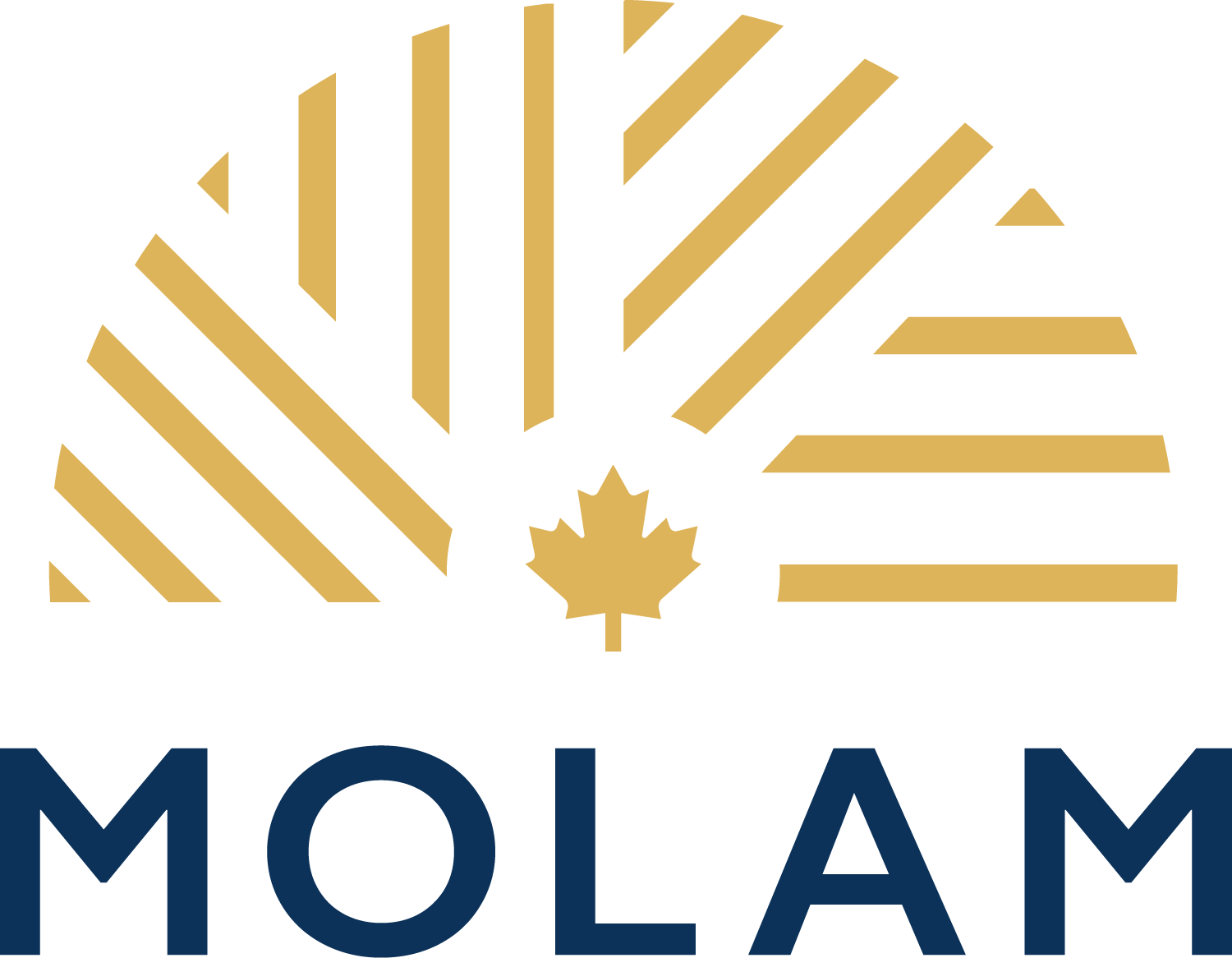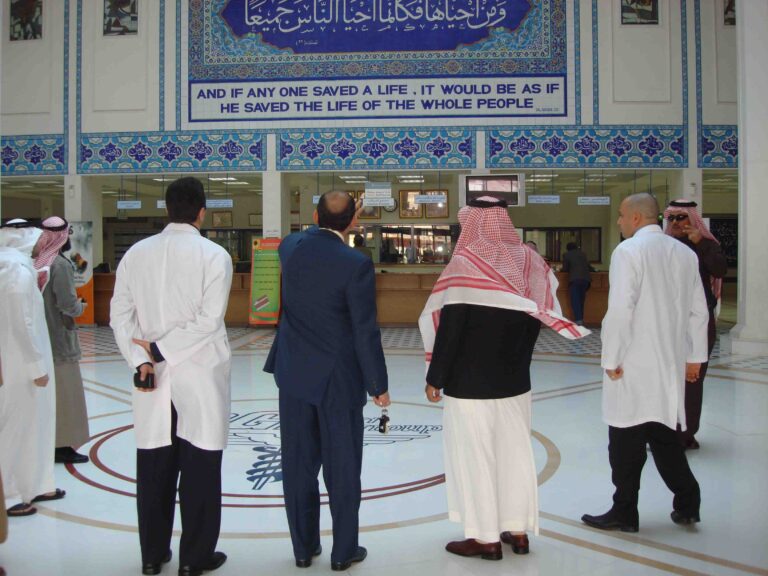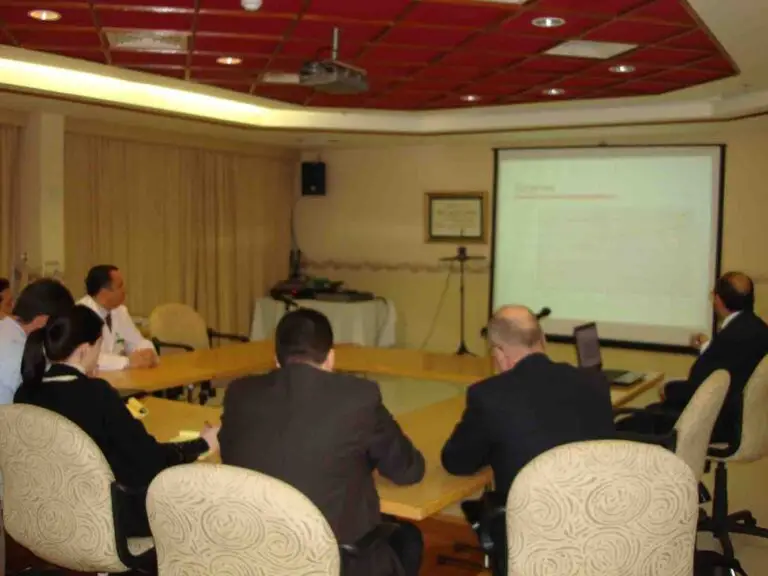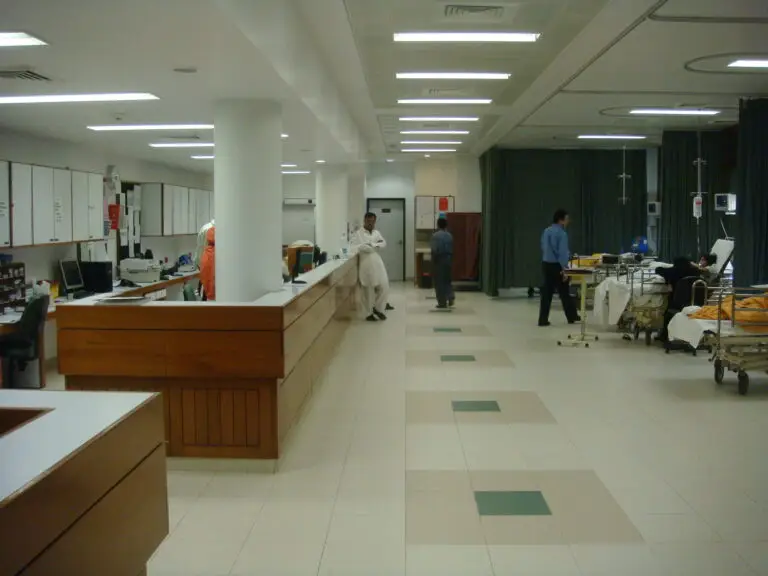Introduction
Healthcare systems across the Gulf region are undergoing rapid change — expanding access, digitizing operations, and striving for sustainability. Yet these ambitions come with real challenges: rising costs, fragmented systems, evolving patient expectations, and a race to build local capabilities.
At MOLAM, we draw on our roots in Canadian health system governance and strategy to guide leaders through this transformation. While no model is universally transferable, there are powerful lessons from Canada’s integrated, value-driven approach that can be thoughtfully adapted to Gulf contexts.
What Makes Canada’s 🍁 Health System Unique?
Canada is known for its publicly funded, provincially managed healthcare model. While not without its challenges, it offers several core principles that have proven enduring and effective:
- Strong primary care foundation
- Integrated delivery networks
- Focus on quality, access, and accountability
- Data-driven system planning
- Investment in clinician leadership
These principles create a system that prioritizes population health while managing costs and improving outcomes — a balance that many GCC countries now seek.
Applying Canadian Lessons to the Gulf Context
Healthcare systems in the Gulf are very different in structure and culture, but they face some of the same pressures:
- Growing chronic disease burden
- Workforce development challenges
- Complex payer-provider relationships
- Rapid digitalization and privatization
MOLAM helps bridge this gap by localizing best practices from Canadian and other mature systems. We adapt strategies to align with Gulf realities, including:
- Public-private sector dynamics
- Cultural expectations in leadership and care
- Regulatory environments and transformation visions
- Operational maturity and digital readiness
Key Strategic Insights We Bring
Here are a few ways MOLAM translates Canadian experience into actionable strategy for Gulf systems:
- Integrated Care Planning: Coordinating primary, secondary, and tertiary care to reduce duplication and improve patient flow.
- Governance Reform: Designing clear, accountable leadership structures that support fast decision-making and clinician engagement.
- Quality and Safety Frameworks: Embedding patient safety, outcomes measurement, and accreditation standards into daily operations.
- Workforce and Leadership Development: Building internal capacity through coaching, education, and long-term partnership, not dependency.
- Cost and Resource Optimization: Identifying areas of administrative inefficiency, clinical overuse, and technology underutilization.
Canada-Gulf Collaboration is a Two-Way Street
We also believe in mutual learning. Gulf countries are advancing in areas like health tech, virtual care, and public health infrastructure at a speed many Western systems admire.
Our goal at MOLAM is not to “export” a model, but to curate and co-create a transformation strategy that reflects the best of both worlds — Canadian structure and Gulf ambition.
Better Strategy, Stronger Systems
When Gulf organizations partner with MOLAM, they gain access to a global network of expertise, grounded in evidence, governance, and sustainable impact. We don’t deliver copy-paste solutions; we work with you to build a roadmap that’s bold, balanced, and built to last.
Let’s Build What’s Next — Together
Interested in how Canada’s health strategy insights can support your local goals? MOLAM is ready to help you lead this transformation.




